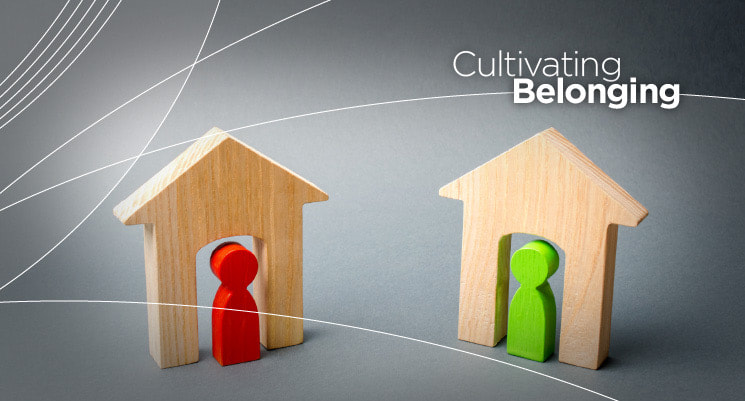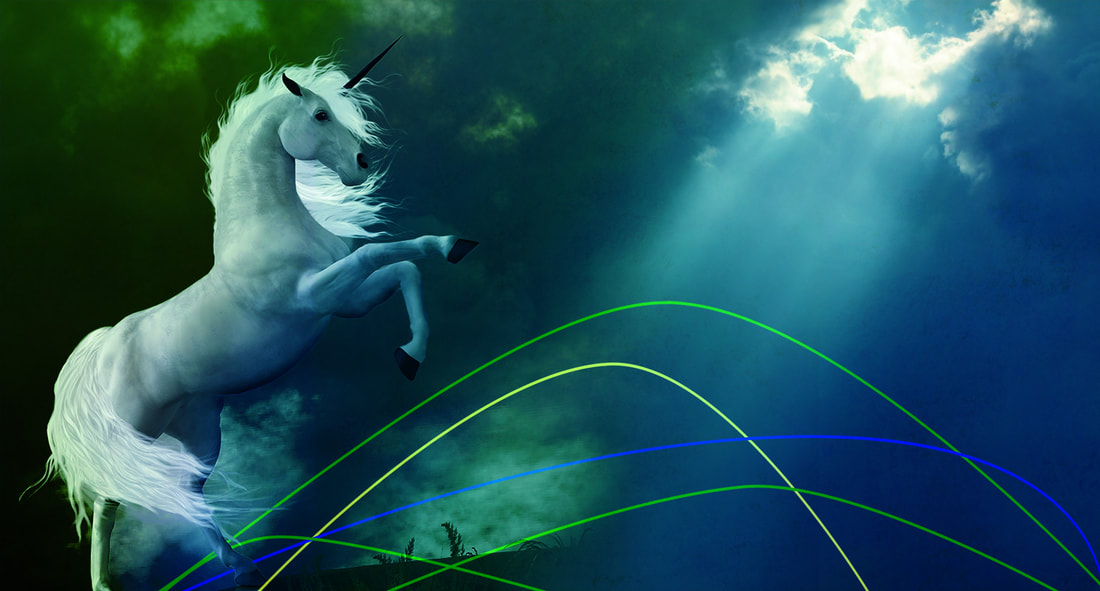|
Part 2 of the Cultivating Belonging Series • Conscious Connection in a Time of Isolation
Imagine aerialists in a high wire act - how they must retain a deep awareness of one another to maintain their sense of balance at a precarious height. In a pandemic year, we too find ourselves in a balancing act, with the movement of one affecting us all. For many in the United States, our social construct created distinct environments for home, work and school. As the pandemic took hold, the lines blurred and our comfortable habits disappeared overnight. Isolation and physical distancing now require us to interact with the outside world through the portal of a computer screen. When it comes to fostering a sense of belonging, texts and emails are not the same as face-to-face meetings. In her Ted Talk referenced in Part 1 of this series, Susan Pinker explains the importance of connecting live. Eye contact and physical interaction release oxytocin, helping to build trust, while reducing cortisol levels, which lowers stress. The work of Elizabeth Redcay at the University of Maryland supports Pinker. Redcay’s research found in her research that brain activity is significantly higher during live, dynamic interactions than while watching a static presentation. This research casts new light on our collective loss of a sense of belonging, and reveals some of the impact that physical distancing has on our mental well-being.
0 Comments
As a new cycle begins, we feel the urge to create a fresh Myth or story to help us to turn the page on the past. In doing so we can take advantage of what Katie Milkman, professor at The Wharton School of Business and creator of the Choiceology podcast, calls the “fresh start effect.”
Her research suggests that the best time to break the status quo and create new habits is during key temporal moments, such as the start of the new year, a holiday, birthday, job or month. Tapping into times associated with change increases our ability to create a new story. In Organization and Relationship Systems Coaching (ORSC™), myth does not mean an untruth. It is used in the same way that Joseph Campbell uses this word in The Hero’s Journey, indicating the deep meaning within relationships. Alternative words can shape our story, narrative or perception of how things have been. As systems undergo an identity crisis during a myth change, they will need help to stabilize. An entirely new myth, story or narrative may be required. When an existing story is no longer working, we can reshape it collectively through relationships - envisioning who we are together. Tools like myth change can enable these conversations and help formulate the new creation of what is possible for the relationship we want now. |
Archives
September 2023
Categories
All
Get notified when new articles are available. |
Quick Links |
Find Something |
Stay Connected |
©
2021



 RSS Feed
RSS Feed